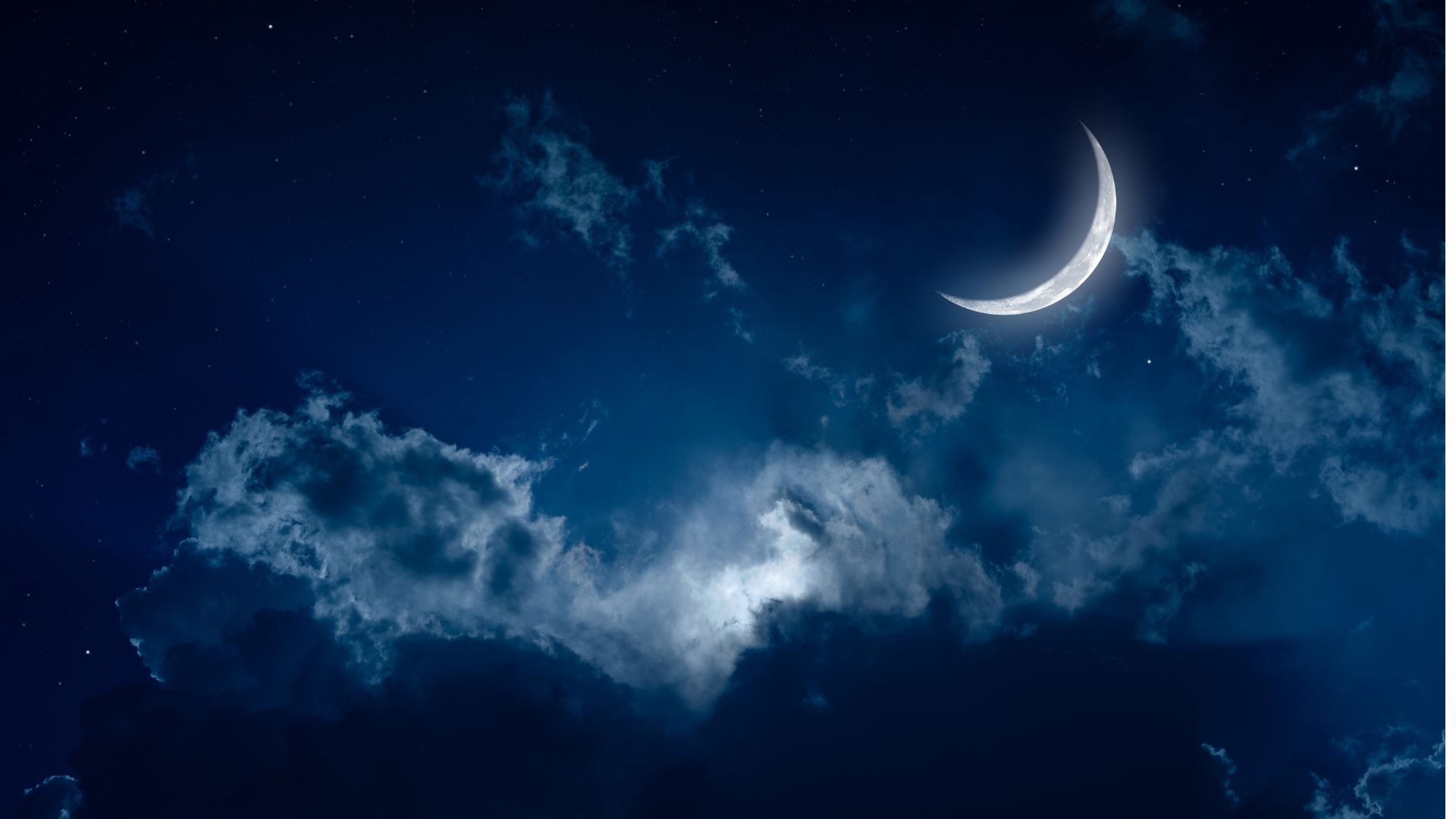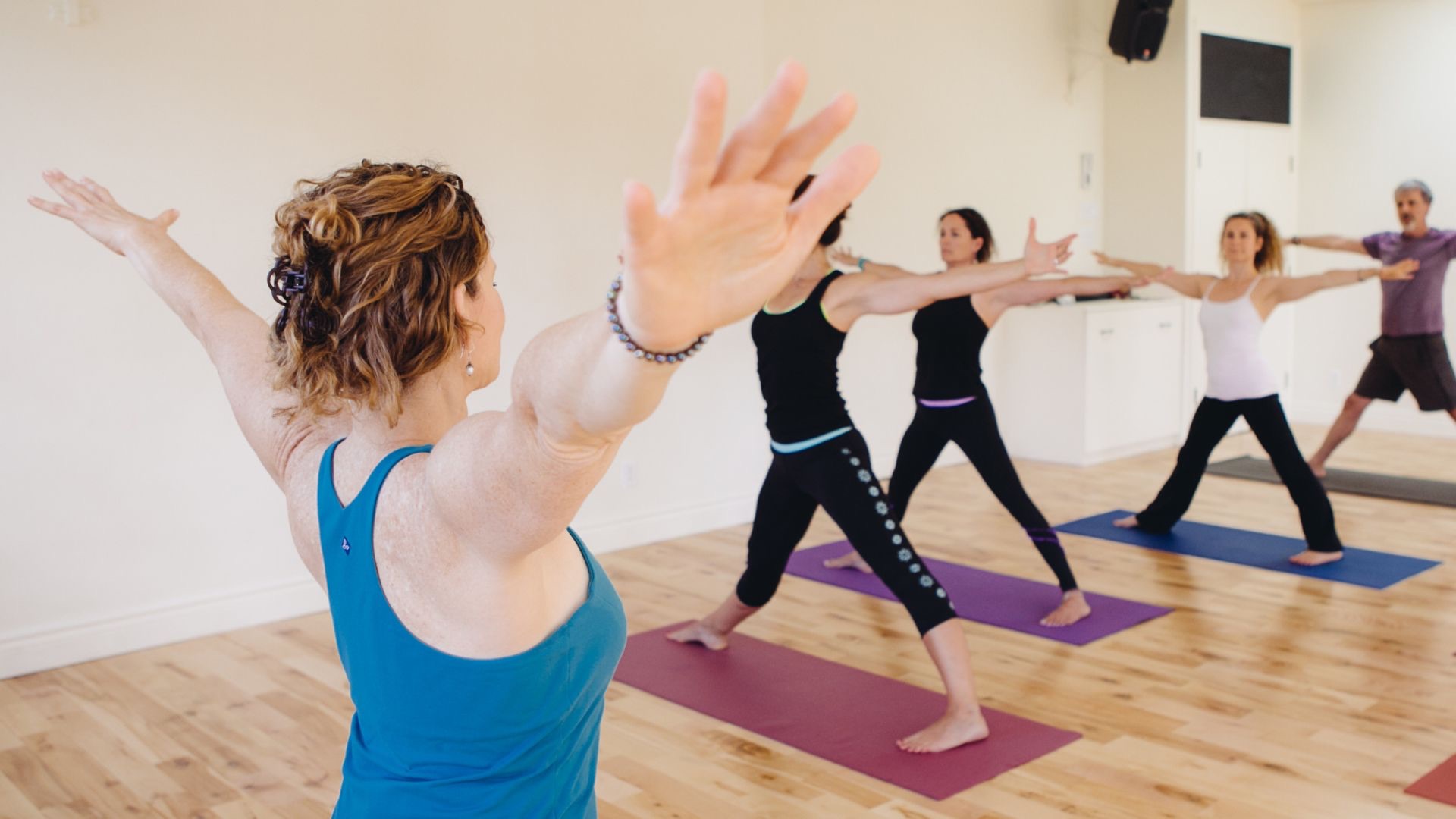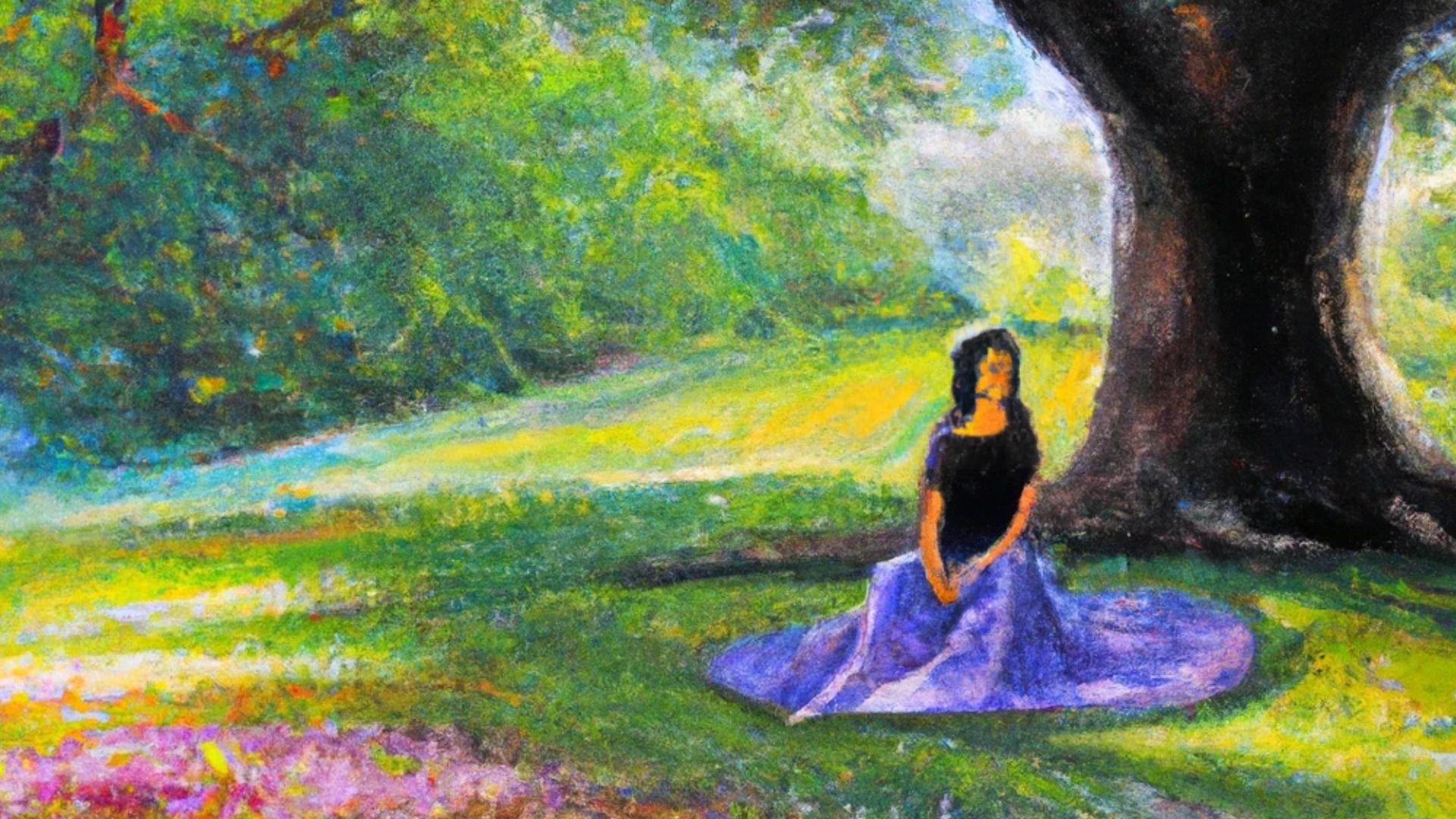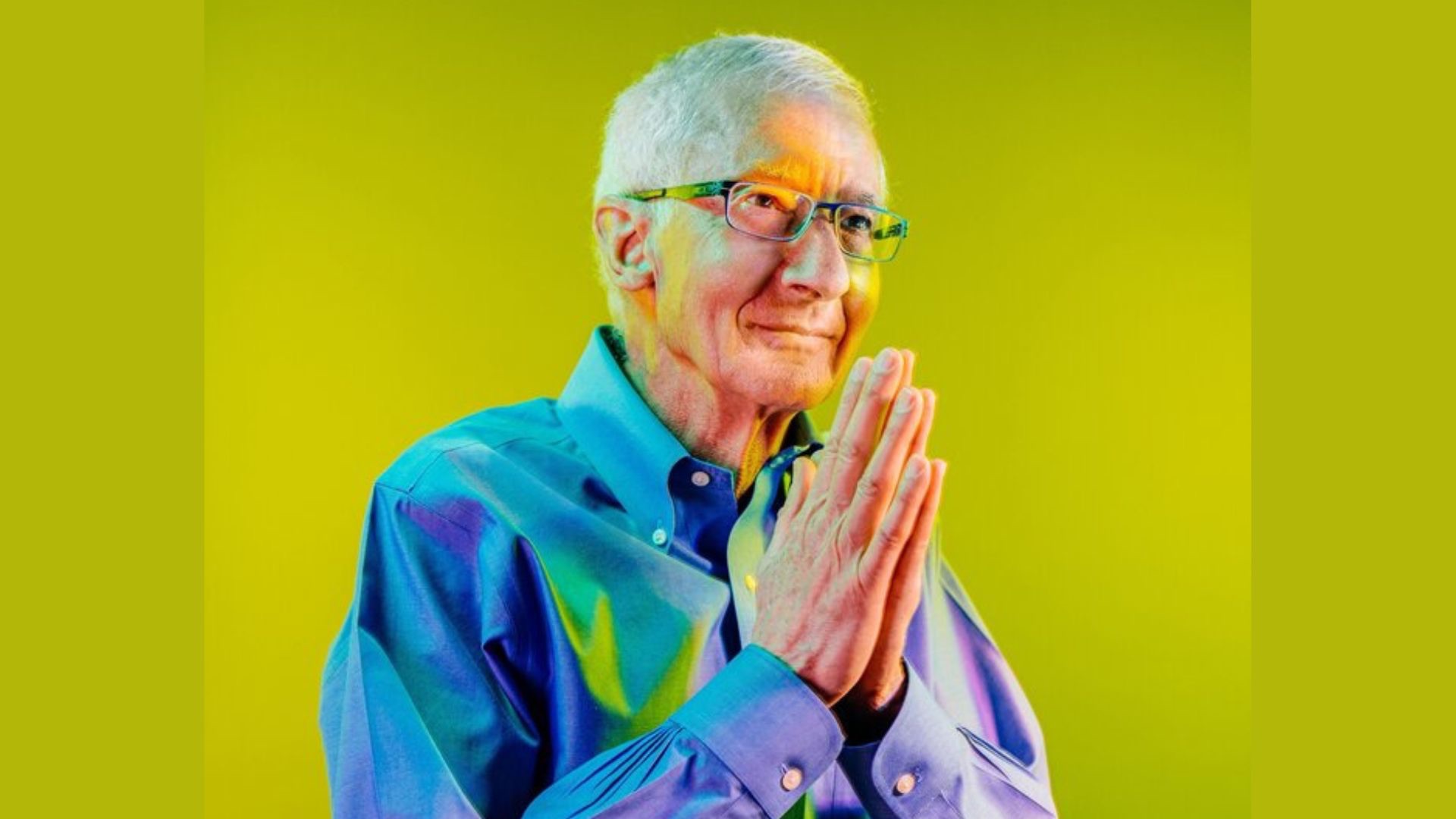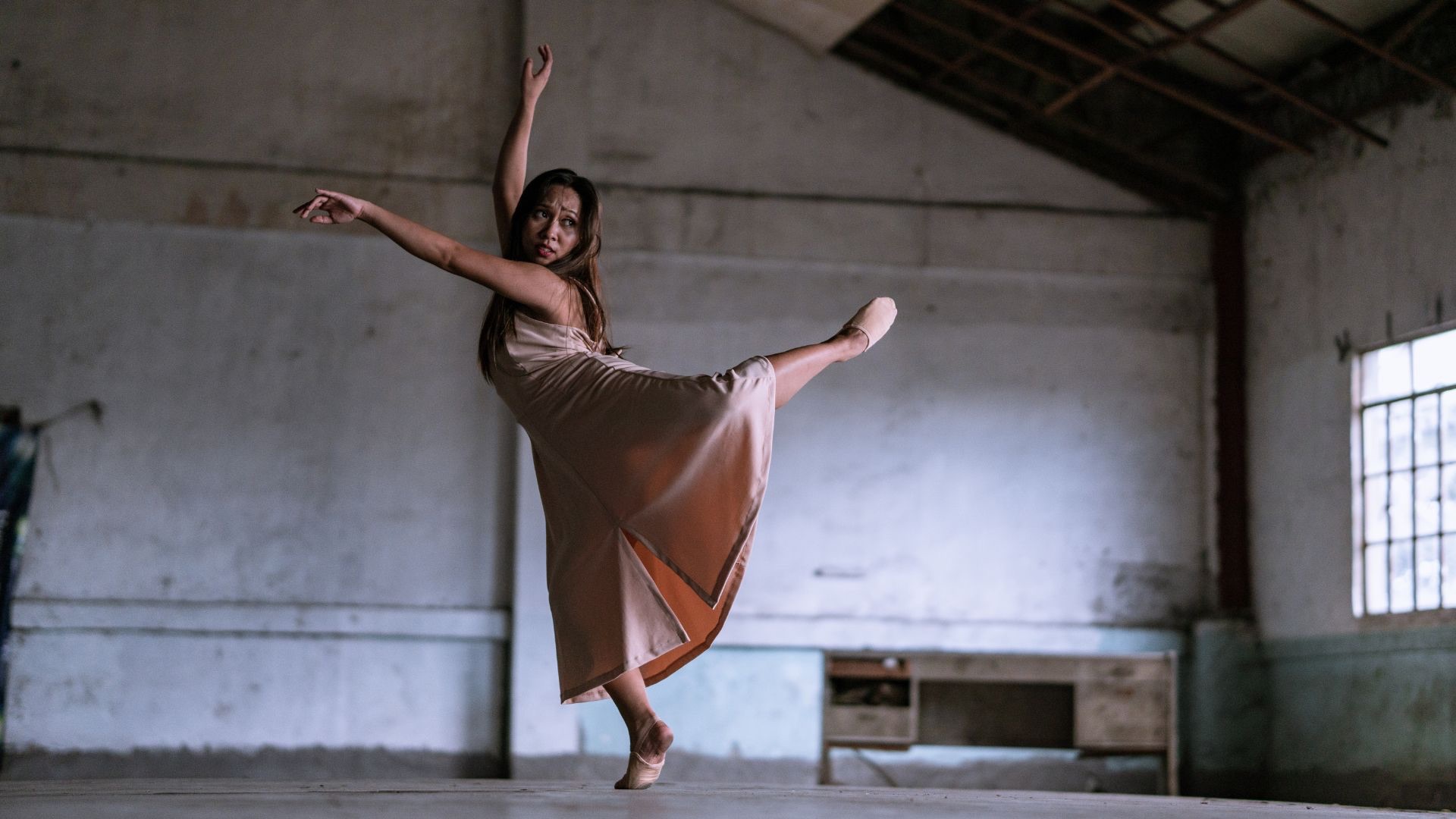Beyond Asana Blog
My weekly blog is a forum for contemplative inquiry into the intersection of yoga practice, traditional teachings, and real life.
The most intriguing prompt from last week’s writing lesson with author Anne Lamott was: “What I am pretending not to know.”
What a novel idea! Yogis usually focus on opening to the reality of the present moment. Here I was being asked to admit what I’m deliberately overlooking.
It felt edgy and a bit scary. Would I unearth some significant issue I’ve been denying?
Initially, nothing came to mind. But it gradually dawned on me that, indeed, I’ve been pretending not to know about the clothes strewn across my teen’s bedroom floor (her “floordrobe,” as one mom on TikTok dubbed it.) I’m also ignoring the odd sound my car makes sometimes and the irreparable hole in my favorite (discontinued) ou...
It's the tail end of November and my weather app says the sun will set at 4:12 pm today. What better time to make friends with darkness?
Here’s a perspective that might shift the way you think about it:
You, darkness of whom I am born –
I love you more than the flame
That limits the world
To the circle it illuminates
And excludes all the rest,
But the dark embraces everything:
shapes and shadows, creatures and me,
people, nations – just as they are.
It lets me imagine
A great presence stirring beside me.
I believe in the night.
- Rainer Maria Rilke, Book of Hours
Translated by Joanna Macy & Anita Barrows
There’s something profoundly humbling, comforting, and expansive about leaning into the mystery...
Recently, I had the pleasure of meeting with some of the students enrolled in my online classes. I took the occasion of launching my new class platform to reach out to people, address their questions, and check in with how the classes were going for them.
During these delightful one-on-one meetings, I had the chance to learn about their backgrounds in yoga, what led them to my classes, and why my teaching style resonates with them.
We uncovered shared experiences in our yoga journeys, discussed teachers we both admire, and reflected on how yoga has anchored us through the big changes we’ve experienced over the past four years.
Although my initial intention was to support them, I was surprise...
It might surprise you to know that for a long time, I struggled to find an authentic way to practice gratitude. By “authentic”, I mean a form of gratitude rooted in reality, which doesn’t ignore or deny life’s hardships or attempt to minimize the pain we might be experiencing.
To be honest, considering everything happening in the world, I questioned whether this was even possible.
Nonetheless, I was determined to find a genuine approach to cultivating gratitude because of its well-documented benefits for our physical, mental, emotional, and spiritual well-being.
One reason gratitude can be challenging to experience is that human beings are naturally predisposed to focus on what’s wrong. Evol...
Dr. Roland Griffiths was the founder of the Johns Hopkins Center for Psychedelic and Consciousness Research and a pioneer in studying the therapeutic potential of psilocybin. He passed away at 77 last month.
As a dedicated meditator, it was his mystical experiences in meditation which initially led him to research the nature of spiritual experiences using hallucinogens. I encountered his work through recent high-profile interviews in which he discussed his approach to the end of his life.
Last year, after receiving a terminal cancer diagnosis, he contemplated the emotional states one might expect to experience such as depression, anxiety, fear, denial, and anger. Drawing on his insights from m...
|
|
At the end of my retreats, I always conclude by offering a blessing to the group. It’s inspired by the themes we’ve explored and the unique synergy of the participants.
During a recent retreat, the sentiments that surfaced included a wish to “honor the inner wisdom that’s guiding you toward the great beings you are becoming.”
To my surprise, the group responded with a collective chuckle as if to say, Me? A great being?
The truth was, I wasn’t joking. When I looked at our circle, I saw people dedicated to becoming the most expanded versions of themselves. making their lives meaningful beyond self-interest. and contributing to the greater good. From my perspective, they were on the path toward...
It’s fascinating to consider mindfulness as both the starting and ending point of our practice.
We come to the mat or cushion, we sit, take a breath, and get comfortable. In these ways, we begin by paying attention to ourselves in the moment. Redirecting our attention to the body and breath, we remember that we are here and alive in this moment.
That’s the starting point.
Then, everything that clouds the pure awareness of our present-moment experience rises to the forefront like particles floating to the surface of clear waters.
Though what’s revealed when we pay attention isn’t always pleasant or comfortable, becoming aware of how we color our experience of the moment is actually great news....
As cliché as it may seem, I still remember the a-ha moment when my 13-year-old self read this for the first time, probably on a mug at the local Hallmark store:
Yesterday is history,
Tomorrow is a mystery,
Today is a gift,
That’s why they call it the present.
Of course! It made perfect sense.
As a young person, I never thought much about the value of living in the moment. I’m certain I’m not the only one who discovered later in life what Eastern traditions have taught for centuries: that the present moment is our most precious asset.
When we’re caught up in worrying about an imagined future, or stuck in regrets or nostalgia for the past, we miss out on the only place where life actually happens ...
In our recent discussion about yoga and studentship, Buddhist teacher Frank Jude Boccio and I hit on a crucial but often overlooked aspect of the enduring nature of the practice.
On the one hand, the essence of yoga remains constant. The roadmap for our practice doesn’t change: turning inward to connect the mind with the body, creating space for the breath within the body, and using the breath to still the mind.
Likewise, we understand that the benefits of yoga emerge from consistency – from repetitive, dedicated engagement with the practice over time, known as abhyasa in the tradition.
However, even though much of our practice remains consistent, we also recognize that repeatedly doing the ...


